War is a specific product of civilization
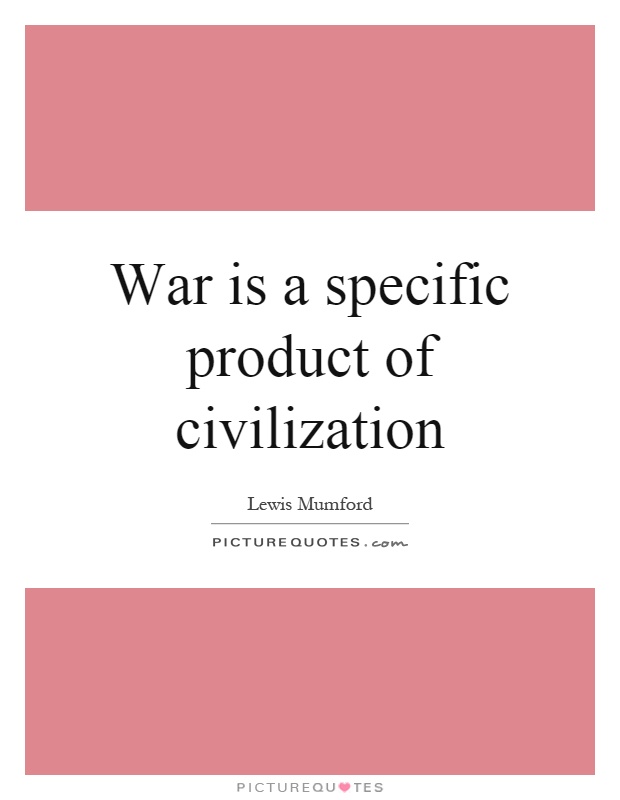
War is a specific product of civilization
Lewis Mumford, a prominent American historian and sociologist, believed that war is a specific product of civilization. In his works, Mumford explored the relationship between technology, society, and culture, and how they shape human behavior and interactions. He argued that war is not a natural or inevitable part of human existence, but rather a result of the complex social structures and systems that make up civilization.Mumford believed that war is a product of the hierarchical and competitive nature of civilization. He argued that as societies became more complex and organized, they developed systems of power and control that led to conflicts and competition for resources. This competition often escalated into violence and warfare as groups sought to assert their dominance and secure their interests.
Mumford also pointed to the role of technology in shaping the nature of war. He argued that advancements in technology, such as the development of weapons and military tactics, have made warfare more destructive and widespread. The industrial revolution, in particular, transformed warfare into a large-scale and mechanized endeavor, leading to devastating consequences for both combatants and civilians.
Furthermore, Mumford believed that the values and beliefs of civilization play a significant role in perpetuating war. He argued that the glorification of violence and conquest, as well as the dehumanization of the enemy, have fueled conflicts throughout history. These cultural attitudes and ideologies have justified and rationalized war as a necessary means of achieving power, security, and progress.
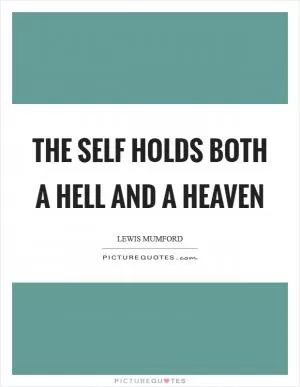



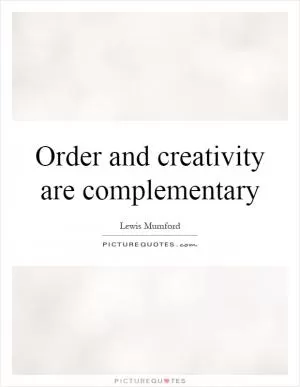
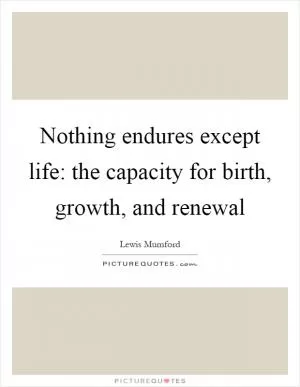


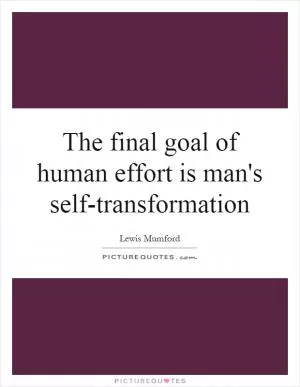

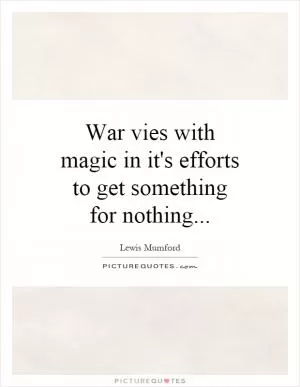
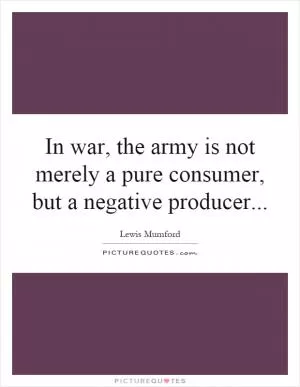
 Friendship Quotes
Friendship Quotes Love Quotes
Love Quotes Life Quotes
Life Quotes Funny Quotes
Funny Quotes Motivational Quotes
Motivational Quotes Inspirational Quotes
Inspirational Quotes